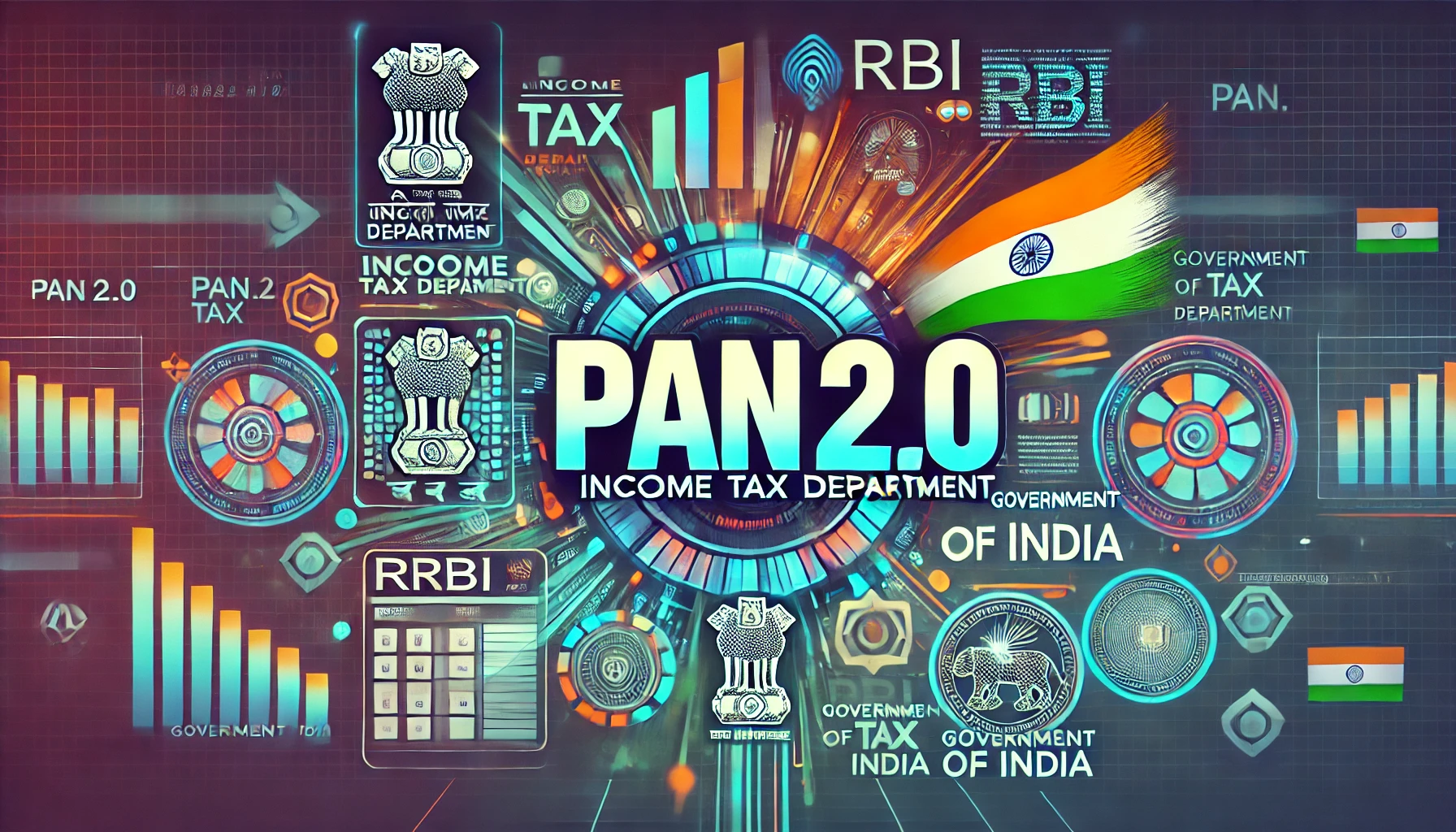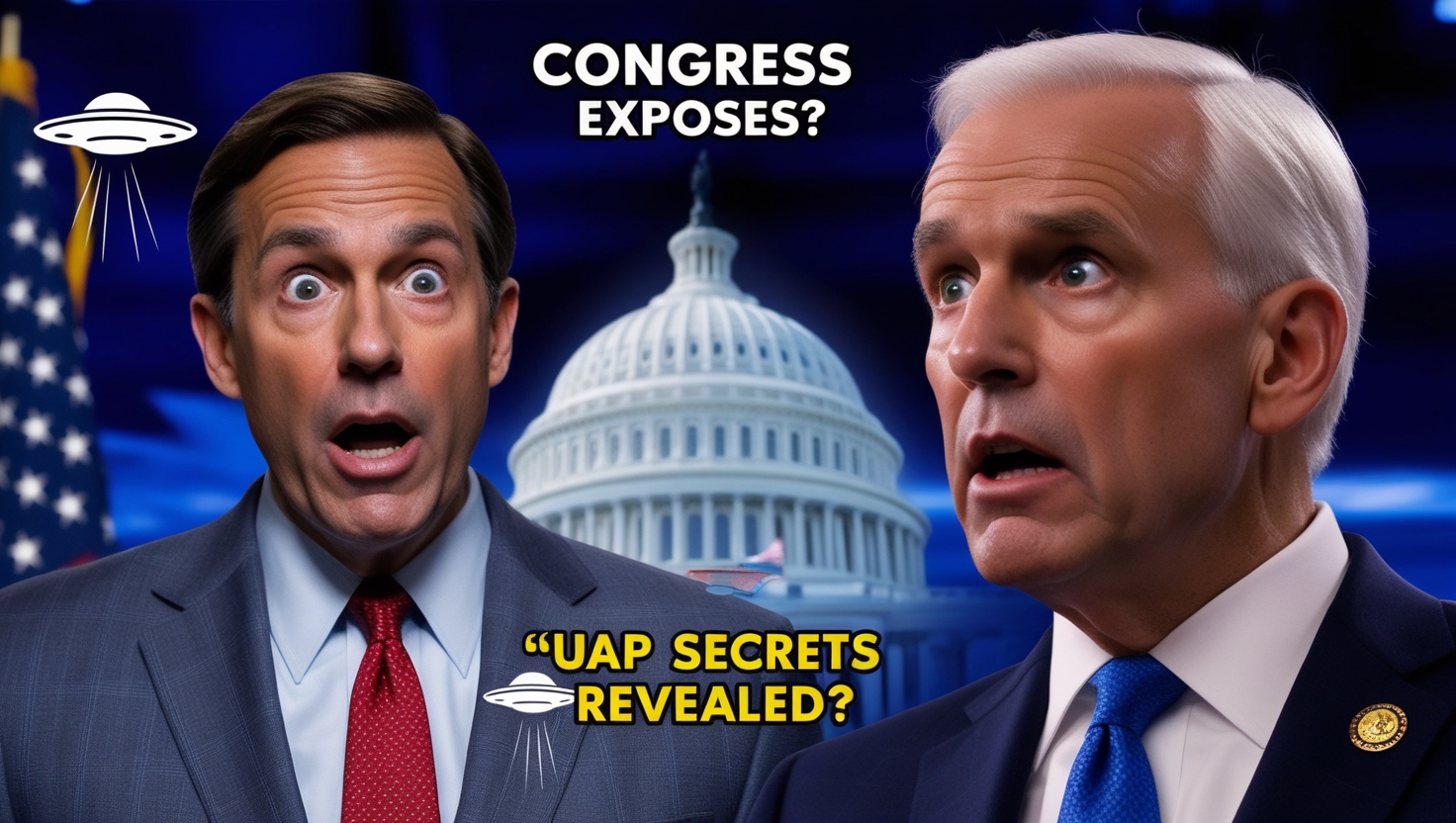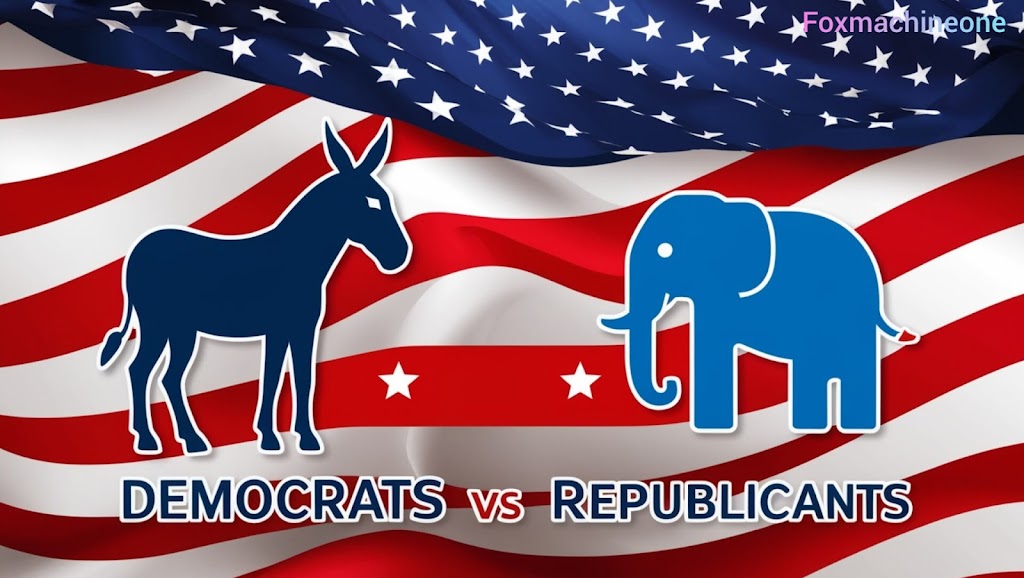Introduction
The Securities and Exchange Board of India has not been able to remove itself from controversy, particularly of late. Ever since the allegations loaned by Hindenburg demolished those incendiary allegations against Adani Group, that is the question of the role of SEBI and its credibility. It has just taken new layers with fresh revelations that have come in the connection of the alleged links of SEBI Chief Madhabi Puri Buch with Blackstone, an international investment giant.
Questions were thereby thrown open about the impartiality and transparency SEBI would be capable of regulating free of all conflicts of interest. Present Scenario of the SEBI. The present paper describes the current scenario of SEBI as mired in problems related to the critical factors, which have led to a question on the credibility of the regulator.
Hindenburg Allegations and SEBI’s Role in the Adani Case
The whole controversy had started to wane in the beginning phase of 2023 when a U.S.-based firm specializing in short selling, named Hindenburg Research, came out with a report linking Adani in an accusative way with stock manipulation, accounting fraud, and other unethical financial practices. Indian stock markets reacted to the expose and went into a tailspin regarding shares belonging to Adani companies on their part.
The swiftness and relentless manner in which SEBI was acting the probe of the company resulted in overwhelming speculation regarding its possible role in what at that time was an ongoing probe of the Adani group. It is mandated that Sebi ensure market integrity and protect the interest of the investors; in a nutshell, the action by the regulator in the Adani case has been under scrutiny. It’s serious because, over the fact that the regulator kind of postponed the formal investigation, the vigilant approach is lost.
Critics jumped on their feet and said that this activity or inactivity of the SEBI revealed some form of complacency and even bias toward these big corporate outfits like the Adani Group. It was much later that SEBI ordered an investigation into Adani Group’s dealings, but by then the loss to its credibility had already taken place. Hence, the feeling that SEBI had done too little and acted far too late in the wake of serious allegations had shaken investor faith in the regulatory framework.
Madhabi Puri-Buch’s Alleged Blackstone Connection: The New Twist
The matter took another turn after some reports indicated that SEBI chief Madhabi Puri-Buch continued to have links with the advisory firm connected to Blackstone, the largest global private equity firm. According to the allegations, documents have revealed relations with that advisory firm which actually continued even after she became the SEBI chief. Immediately, this exposure threw up the problem of possible conflict of interest. She has had a sterling career with important positions at leading financial institutions such as ICICI Bank and Blackstone.
Her association with Blackstone has, however, brought fears that her decisions made while at the head of SEBI could get colored with past affiliations. There lives a lurking fear here that SEBI would be committing a decisional blunder if it acted any less than neutrally with the cases of the associates of those firms–whose chief, fact, be it directly or indirectly, is associated with it. Plus, it is going to eat away the very core of the integrity of any oversight progressions that SEBI has.
Conflicts of Interest and the Leadership of SEBI
Yet again, it is the Puri-Buch affair that has brought to the fore the confounding conundrum that hangs like the sword of Damocles over the head of regulatory bodies: the conflicts of interest expected. The financial markets have been deep-seated in the problem of regulatory capture whereby a regulator moves on to get captured by the very sector or institutions which he is supposed to regulate.
In the case of Puri-Buch, her critics project her as having relationships with the financial sector more specifically, a firm like Blackstone which may influence her judgment to lead SEBI without prejudice. Even while SEBI has sought to play down these apprehensions, pointing out that the revelations are not related to its functioning in a current role, these unquestionably throw a shadow over its leadership. A few, however, still wonder how the SEBI chief would regulate the companies that have past or present associations with her ex-employers.
SEBI’s Response to the New Accusations
With this increasing allegation, SEBI has been reiterating its commitment toward the highest level of transparency and objectivity. It said that all investigations and decisions at SEBI are based solely on evidence and fact, independent of any personal affiliations. It is the regulator himself who has lost no time in pointing out that her appointment as chief went through proper vetting processes and her extensive experience in the financial sector had been viewed as qualification rather than a liability.
All such reassurances, however, looked compromised with the manner in which both Adani and the allegations against Puri-Buch have been handled by SEBI, leaving many a stakeholder rather edgy. And critics want more transparency, particularly on potential conflicts of interest resulting from past associations of Puri-Buch. Added to it is another fast rising belief that Sebi is compulsively pliable, which has ushered in reforms with a view to strengthening the regulatory mechanism and making the organization more impartial.
Effect on Investor Confidence and on Indian Markets
That way, credibility of a financial regulator is gained in keeping investor confidence in the markets. These are greater serious risks to market stability, which any situation can raise only to introduce an element of doubt about impartiality of the regulator and bring in uncertainty with both domestic and foreign portfolio investors under SEBI in this case.
But in reality, any perception that SEBI is failing in its job can only breed the loss of trust, since many foreign institutional investors who have been big contributors to this growth require and have confidence in the strong regulatory supervision for supposedly protecting their investments. Any new commitment to tidiness at the regulatory level will just trigger volatility and slacken the pace of capital inflows into the Indian market.
This will affect the overall market performance. Indeed, this will change the whole perspective of SEBI in local terms while looking out for the interests of small investors. Such practices may curb the efforts of India towards widening the investing base since if big corporate giants or influential people can get away with something because of their connections, then this is what keeps away many people from entering into the stock market.
Importance of the Regulatory Integrity
The financial markets have become an increasingly vital constituent part of the Indian economy in recent years. It is just these very facts that “these markets operate in as transparent and efficient a manner as possible requires a strong credible regulator”. One of the prime objectives that SEBI stands for is market integrity, and therefore it has to be taken rather seriously since any form of dent that occurs in between is capable of having serious consequences over the kind of financial landscape which India boasts.
Accordingly, it should not come as a surprise to anybody that the Hindenburg allegations have indeed put big question marks on the very root of honesty on the part of SEBI. This would mean that SEBI should not only work impartially but this should be seen by the general public and the markets to be working independently. This would be a balancing act that can help ensure the regulator remains truly independent, with no actual or perceived conflict of interest.
Possible Reforms and Way Forward
The controversies miring SEBI have filtered calls for reforms. These are calls for a more open regulatory body to reduce exposure to conflict of interests. A move in that direction could be that there are more stringent laws relating to the appointment of officials in SEBI, although possibly those with people with deep roots in the financial sector in order to weed out possible conflicts before taking office.
More to the point, it is SEBI itself that has to become more transparent in its decision-making more so in high-profile cases like the Adani probe. For this, SEBI has to make much more detailed information available with regard to the kind of decision-making process and evidence that had been taken into consideration. This will definitely stand the level of public confidence on what is being shown as far as impartiality is concerned, with improved transparency.
Conclusion
It soon saw a spate of controversies on its handling of the Hindenburg allegations and links of the SEBI chief, of course, with Blackstone hit at the credibility of SEBI. It is with such queries that the massive transition underway in channeling the Indian financial markets raises questions of how neutral it can be and, most importantly, how far.
Only answers to all these that come straight may the commitment of SEBI be reestablished toward transparency, independence, and consequently regulator fairness, and at long last, the regulator starts regaining its long-standing again. This will be of much importance in the process towards further securing the stability and growth of India’s financial markets at large.




























Leave a Reply